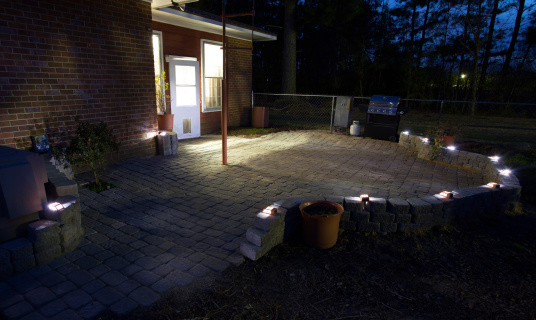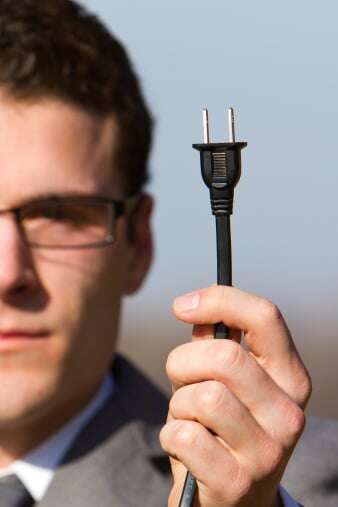 So often in life, it's smart to ask, “What's the worst that can happen?”
So often in life, it's smart to ask, “What's the worst that can happen?”
If we can answer this question – and devise a plan to confront the worst – then we've taken a huge step toward eliminating mistakes, accidents and even tragedies.
Such is the case with the electrical safety, especially with electrical repairs and electrical “interactions” that take place outdoors. Next to the bathroom (where water can splash everywhere), there is no place around the house where mistakes and accidents are more likely to occur. To prevent them from turning into tragedies, take a step-by-step approach to safeguarding the exterior of your home:
Outdoor outlets
- Ensure that all of your outlets are protected by ground fault circuit interrupters (GFCIs). They are highly sensitive to moisture and will protect you against electrical shock and (in the worst-case scenario) electrocution.
- Install weatherproof covers on all outlets.
Garden and power tools
- Purchase the necessary protective equipment you need to operate your garden and power tools – and don't take shortcuts. Face masks, gloves, safety goggles, earmuffs and dust masks should be part of your outdoor regimen for basic electrical safety.
- Inspect all of your tools to ensure they are in good condition and work as they should. Check the cords, too, and, if there are any cracks or exposed wires, have the cords repaired promptly by a licensed electrician.
- Upgrade your power tools so that they are equipped with the safer three-prong plugs. (At the least, they should be imprinted with the words “double insulated” or be plugged into GFCIs.)
- Avoid using corded power tools around pools, spas and tubs. Ideally, use battery-operated tools for your own electrical safety.
- Turn off your tools and unplug them as soon as you're done using them – even if you're only taking a break. Remember the “what's the worst that can happen?” rule. One phone call or distraction could take you away from the task at hand for longer than you think and a child could reach for the tool and... Think about the worst that could happen.
Extension cords
- Use only those cords designated “for outdoor use.” They are sturdier and made to withstand greater challenges posed by the outdoors, including temperature and humidity fluctuations.
- Choose extension cords that include three prongs (just like your tools). Plugging a three-prong tool into a two-prong extension cord can actually increase the chance of shock, fire or electrocution if the tool malfunctions.
Pools, tubs and spas
- (You probably get the point by now, but) Plug cords only into GFCI outlets.
- Make sure that all plug-in equipment stays dry.
Generators
- Double-check that your electrical panel can support the load of the generator (and that it contains a three-prong plug inserted in a GFCI outlet).
- Operate a generator outdoors – never in an enclosed or partially enclosed space (such as a garage). Generators can produce carbon monoxide quickly, and it can be deadly.
Power lines
- Call the non-emergency police line in your town and report downed power lines.
- Do not try to move downed power lines – or any object that might be laying on top of the line – by yourself. You could be electrocuted.
- If you are ever caught in a storm, and you notice that a downed wire is draped over your vehicle, call 9-1-1 and remain inside until help arrives. If another emergency occurs and you must leave your vehicle, jump as far from it as you can so that you are not making contact with the vehicle and the ground at the same time. (You want to avoid being a conduit for electricity).
We hope you use these electrical safety tips to check the outdoors around your home. Next time you need a licensed electrician in Chico, contact Experts In Your Home.
Related Articles:
Electrical Safety Tips for the Bathroom
Electrical Safety Tips for the Garage
To learn more about how to stay safe with electricity, download our free eBook below:








